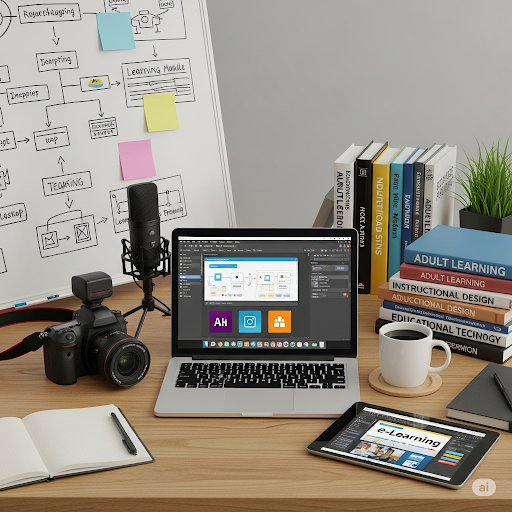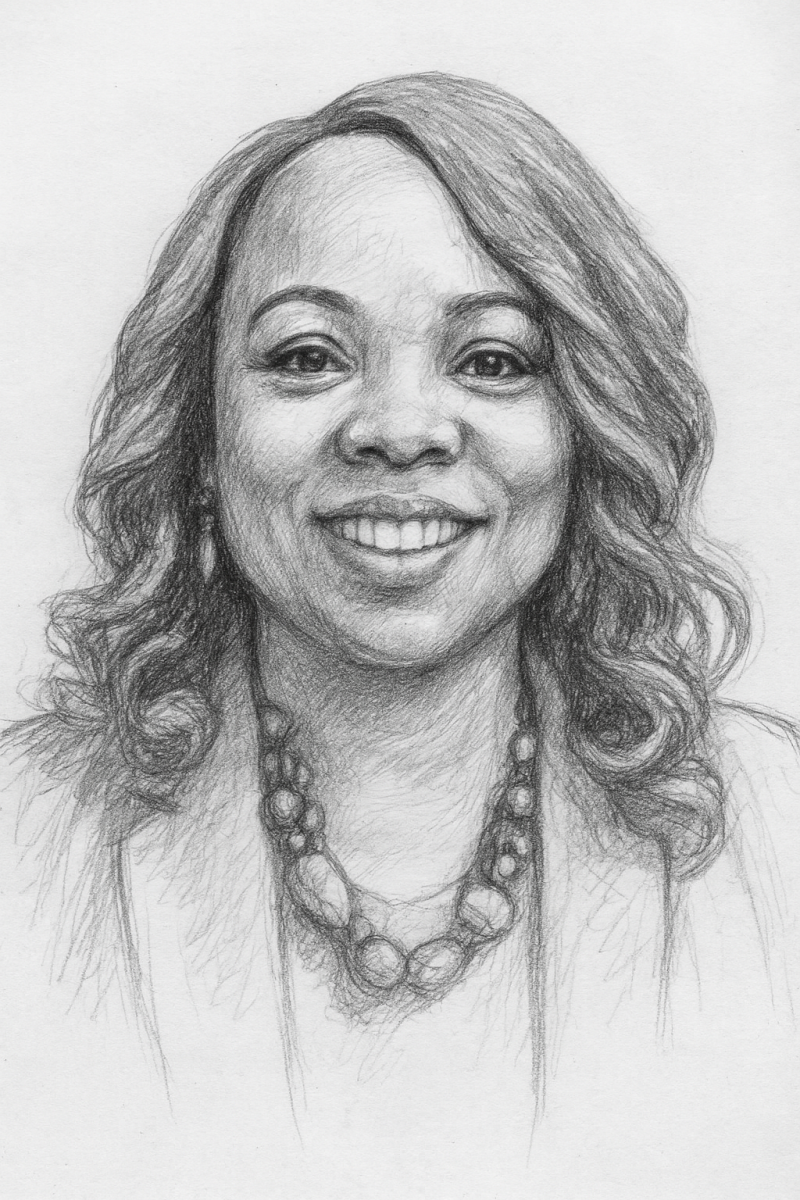Core Skills
Dr. Anecia Scott’s expertise in instructional technology and digital learning design emerged vividly throughout her interview. When asked, “What degrees, certifications, or professional development experiences best prepared you for this role?” and later, “What tools and strategies do you recommend to aspiring instructional designers?” she provided a layered view of her technical proficiencies and her pedagogical approach to instructional design.
Below is a synthesis of the core skill domains she has mastered, based on both her responses and her practical experiences:
Instructional Design & Learning Development
In response to the question “What are your most significant contributions to the field?”, Dr. Scott highlighted her ability to take complex technological tools and create user-friendly, educator-centered training resources. Her instructional design approach blends ADDIE principles with iterative prototyping. She is adept at designing end-to-end learning experiences, aligning content with both user needs and organizational goals.
LMS Implementation & Integration
When asked to describe a typical day or week in her role, Dr. Scott detailed her ongoing work training teachers and administrators in Schoology and Infinite Campus. She emphasized her ability to sync LMS platforms with Student Information Systems (SIS), which supports accurate grade reporting and real-time instructional data. Her strength lies in demystifying these platforms for educators at all levels, ensuring they can use them effectively from day one.
Google Workspace for Education & Admin Console Management
In describing her transition to a Technology Director role, Dr. Scott shared how mentorship from Dr. Wanda Terrell led her to become deeply knowledgeable in managing Google Workspace. Her experience includes configuring administrative settings, user account management, and facilitating Google-based professional development. This surfaced in response to the question “Were there pivotal experiences or mentors who influenced your career trajectory?”
eLearning Development & Authoring Tools
When asked “Which tools do you prefer—Storyline, Rise, or Adobe?” Dr. Scott provided a technical comparison of these platforms. She is proficient in Articulate Storyline for layered, interactive course design, and prefers Rise for content-heavy courses with a scrolling web-like format. She has also begun exploring Adobe Captivate to expand her design portfolio. Her ability to explain the functionality of each tool reflects a high level of mastery and instructional tech fluency.
Accessibility & Multimedia Production
In discussing future consulting plans, Dr. Scott emphasized the importance of ADA-compliant course design, particularly in captioning and screen reader-friendly interfaces. She noted that many overlook the time-intensive nature of producing accessible content, making her skills in video editing and multimedia integration (e.g., iMovie, Camtasia) especially valuable. These insights stemmed from her answer to “What do you see yourself doing in the next 5–10 years?”
AI-Enhanced Learning Design (With Caution)
In one of the most forward-looking segments of the interview, when asked “What excites you about the future of instructional technology?”, Dr. Scott discussed the duality of AI integration: the creative possibilities and the ethical considerations. She currently uses AI for content outlining and email drafting but remains cautious about its limitations in empathy, accuracy, and critical interpretation—particularly in high-stakes educational and medical contexts.
Professional Development & Instructional Coaching
In several parts of the conversation—particularly when describing her roles in various districts—Dr. Scott detailed her facilitation of onboarding programs, real-time coaching, and large-scale workshops. She uses just-in-time support strategies and often customizes learning modules to reflect district policies or changes in state grading regulations. Her coaching is both technical and relational, grounded in her understanding of adult learning theory.
Each response demonstrates a painted a portrait of a highly skilled, deeply reflective practitioner who blends technical knowledge with practical application and empathy.


